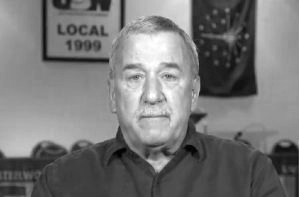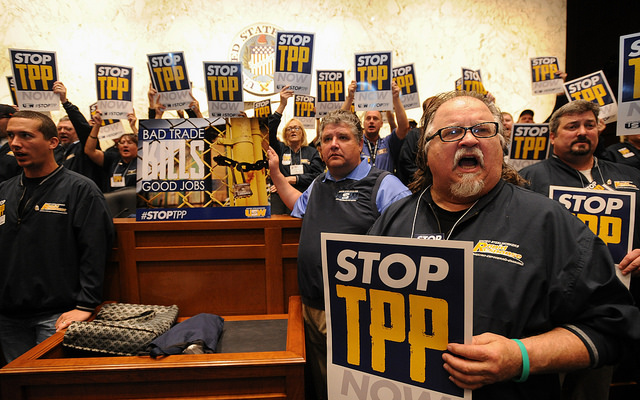This month is the one-year anniversary of Alcoa closing the largest aluminum smelter in the United States – the Warrick in Indiana.
More than 325 workers lost their family-supporting jobs, including Brandon Marshall, who, like most aluminum workers, was a member of my union, the United Steelworkers (USW). Brandon told the New York Times last week that he found another job, but it pays only about half what he earned before, so his wife had to go back to work.
Alcoa also shut down its Wenatchee smelter last year, laying off 420 workers in Washington State, including Josh Busjahn, who told a reporter from public radio's Marketplace that he had to cut his family’s budget in half.
In 1970, there were 24,000 aluminum smelter workers nationwide. Now, there are 2,200. Just 17 years ago, the United States had 23 smelters. Now, there are five. And only one is operating at full capacity.
A major cause of this suffering and job loss is China’s violation of trade rules. Beijing overbuilt its aluminum capacity to keep its citizens employed, then dumped the subsidized excess on the world market, artificially suppressing prices. In January, the Obama administration filed a complaint against China with the World Trade Organization (WTO) in an attempt to stop Beijing’s destruction of the American industry, one that is crucial to national defense.
But the outlook for this case isn’t great. The WTO has repeatedly stiffed the United States. It’s supposed to adjudicate trade disputes, but a new report, commissioned by the Alliance for American Manufacturing (AAM) and titled, “How the WTO Undermines U.S. Trade Remedy Enforcement,” shows that the WTO treats the United States like a punching bag that must suffer the economic blows of trade cheating by nations worldwide.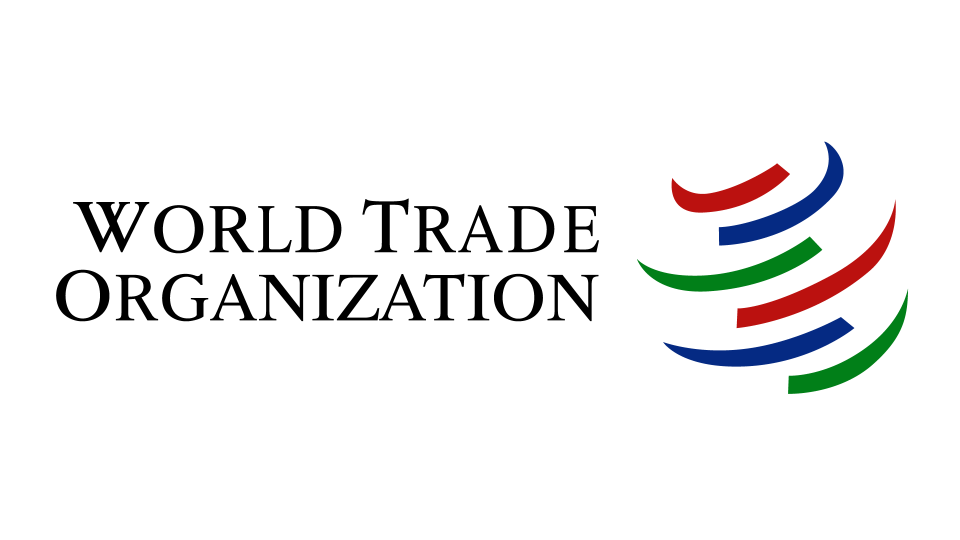
For a quarter century, since the dawn of NAFTA, the USW has called for fair trade and protection for American manufacturers like Alcoa and workers like Brandon and Josh against abuses such as currency manipulation, government subsidization and dumping. Finally, last week, President Donald Trump announced the United States would not be bound by WTO decisions. That sounded great to laid-off manufacturing workers nationwide.
More ...





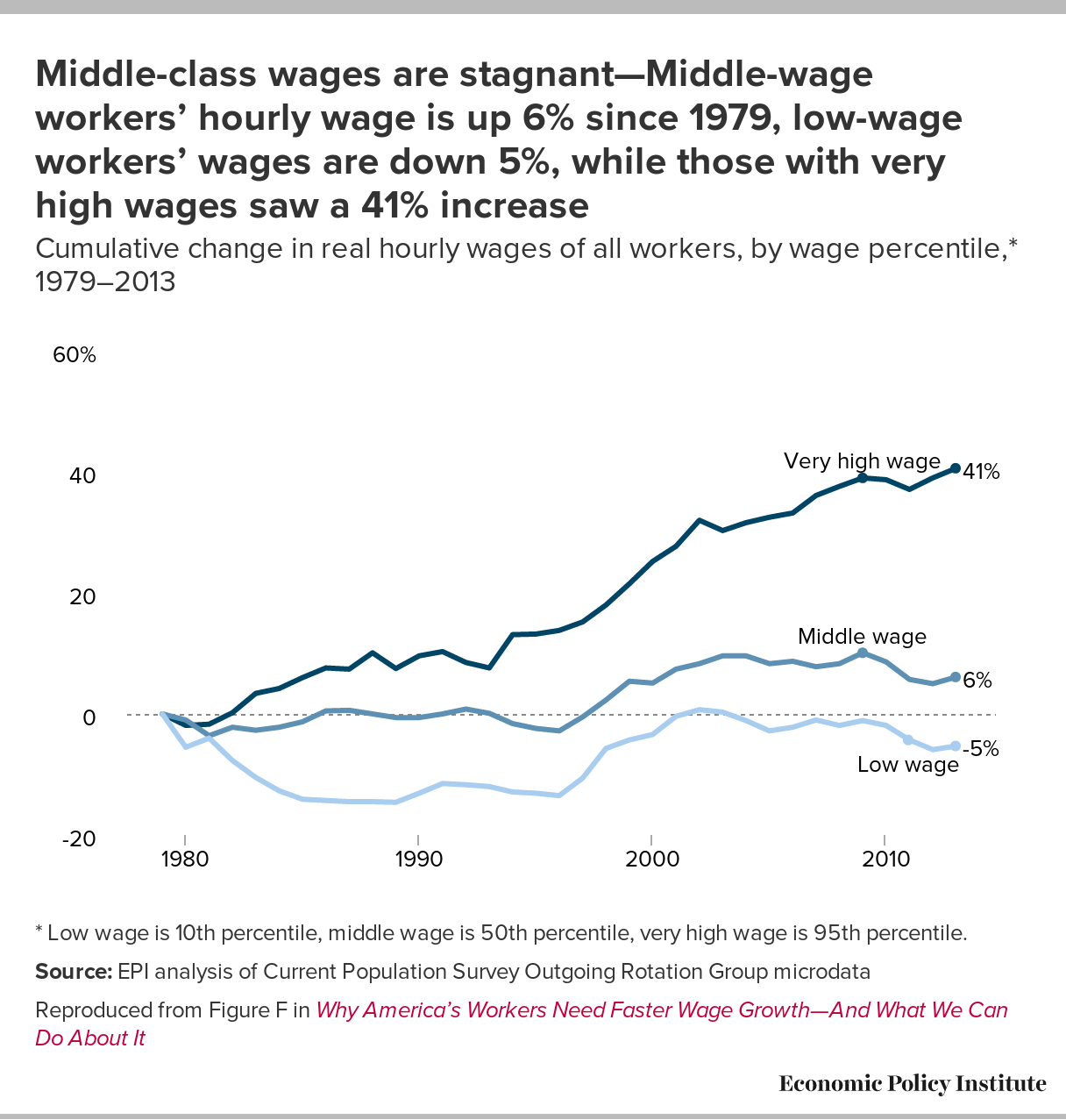
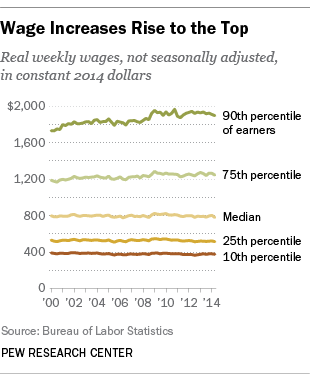
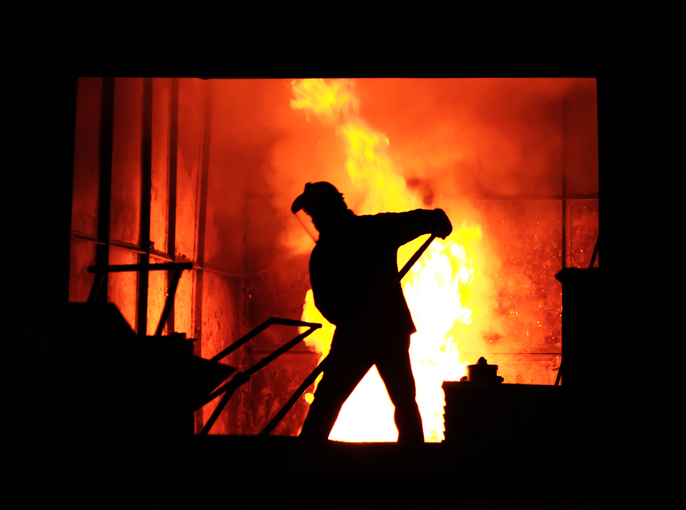
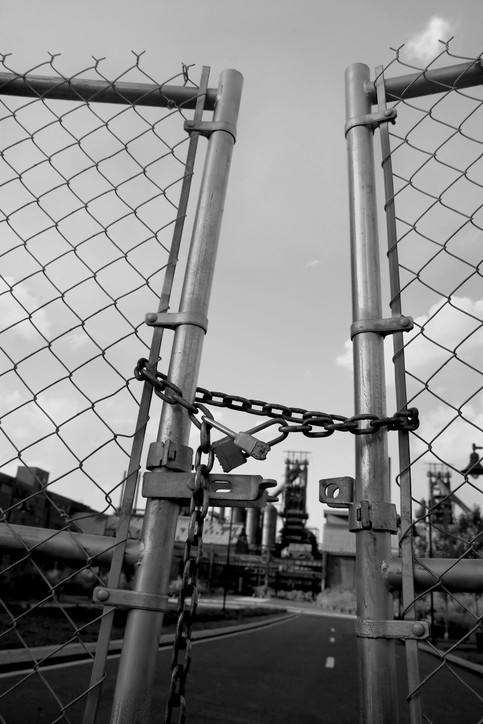
 Ever worsening is the chasm between the loaded, who luxuriate in gated communities, and the workers, who are hounded at their rickety gates by bill collectors.
Ever worsening is the chasm between the loaded, who luxuriate in gated communities, and the workers, who are hounded at their rickety gates by bill collectors.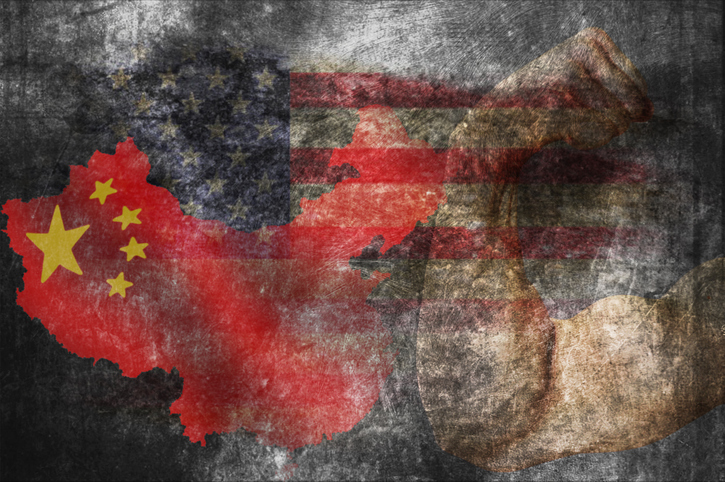

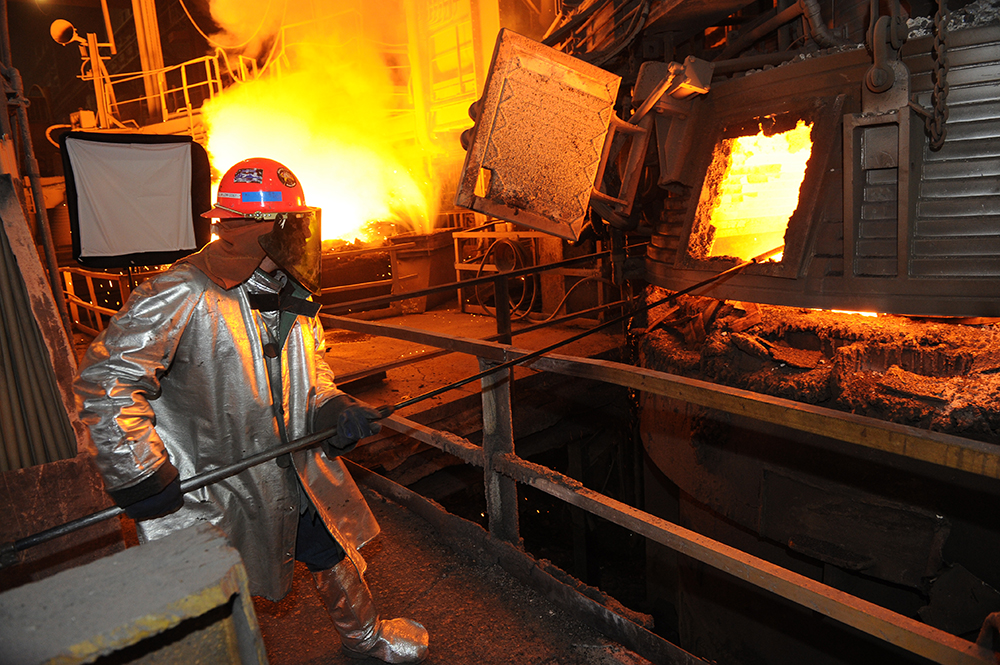
 Donald Trump surrounds himself in gold. The signs on Trump buildings shimmer in it. His penthouse in New York is gilded in it.
Donald Trump surrounds himself in gold. The signs on Trump buildings shimmer in it. His penthouse in New York is gilded in it.


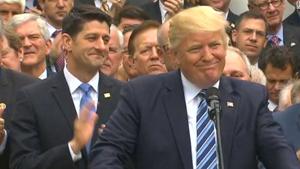
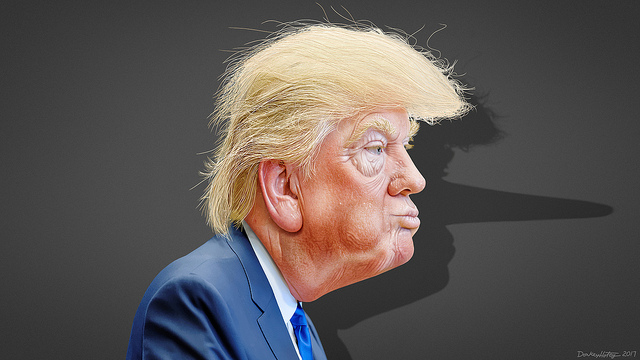
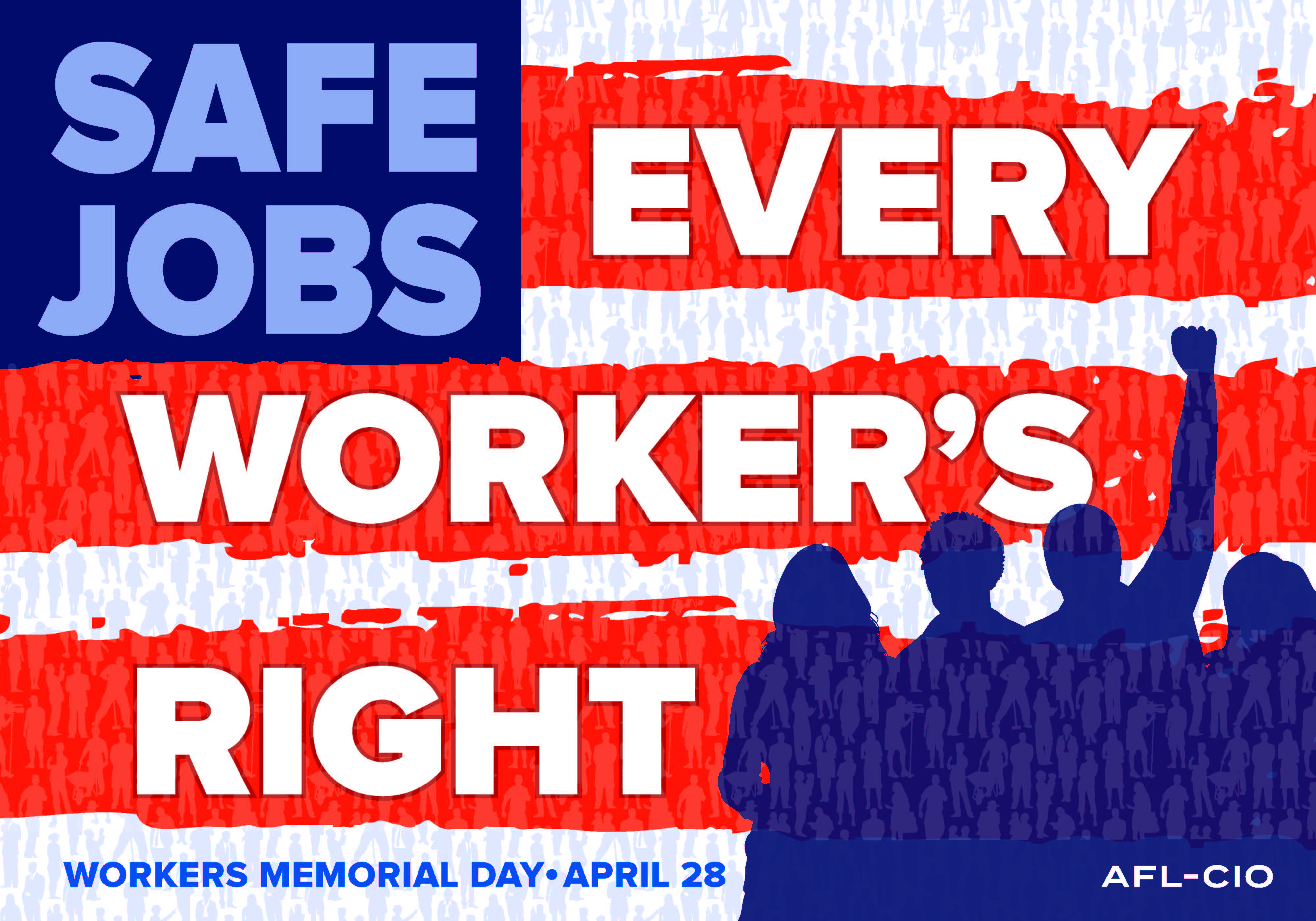
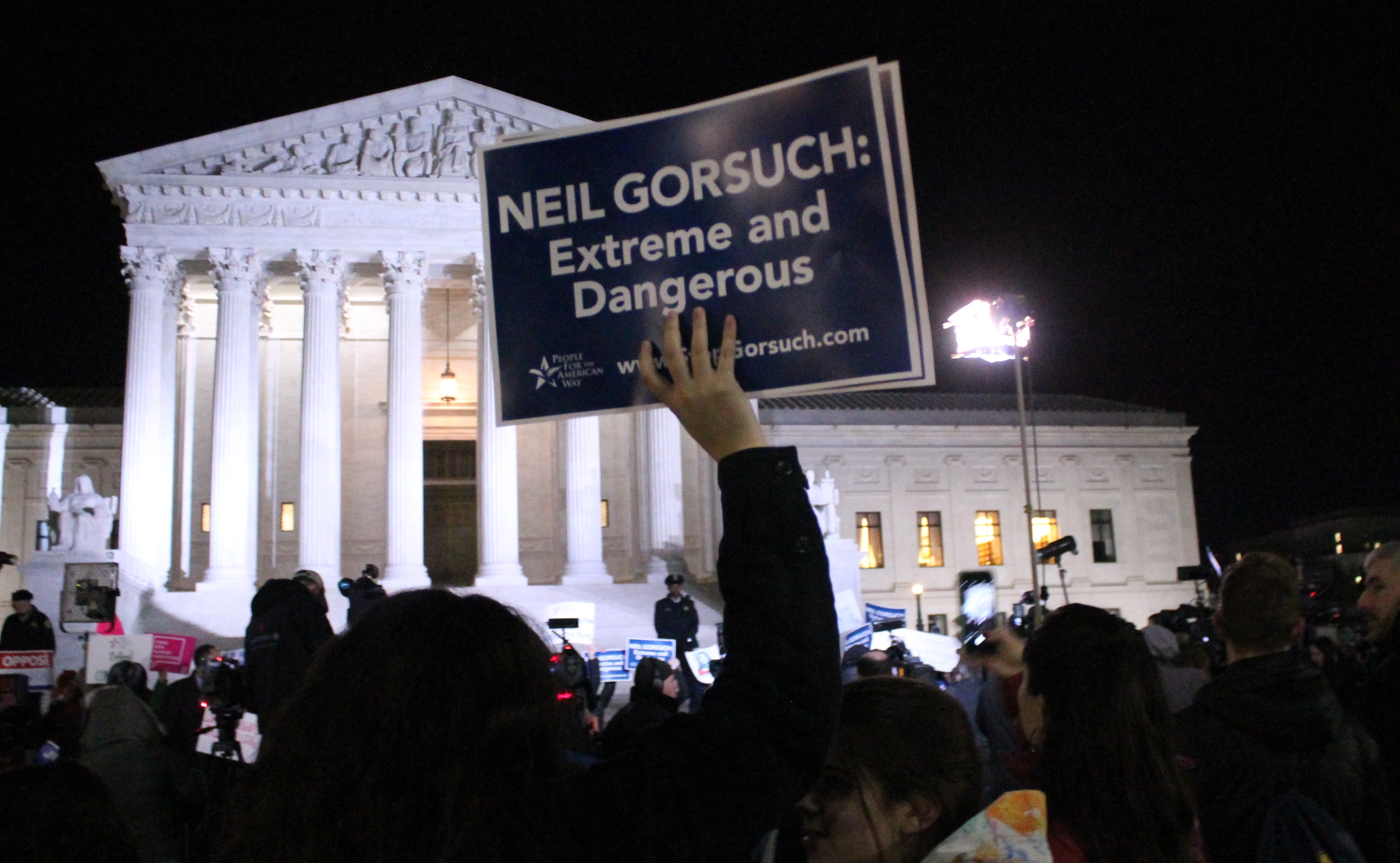
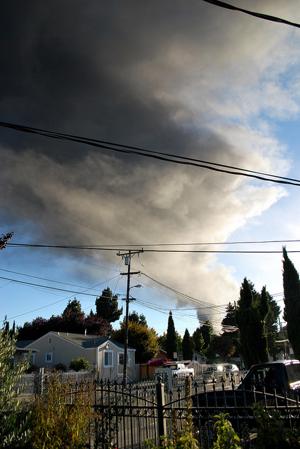

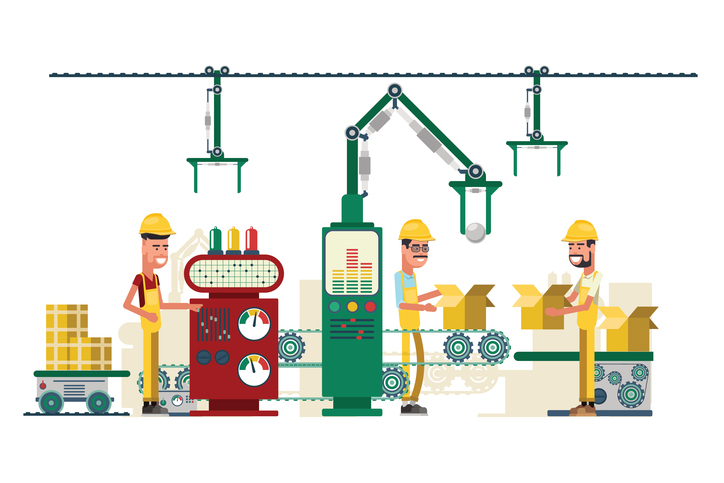
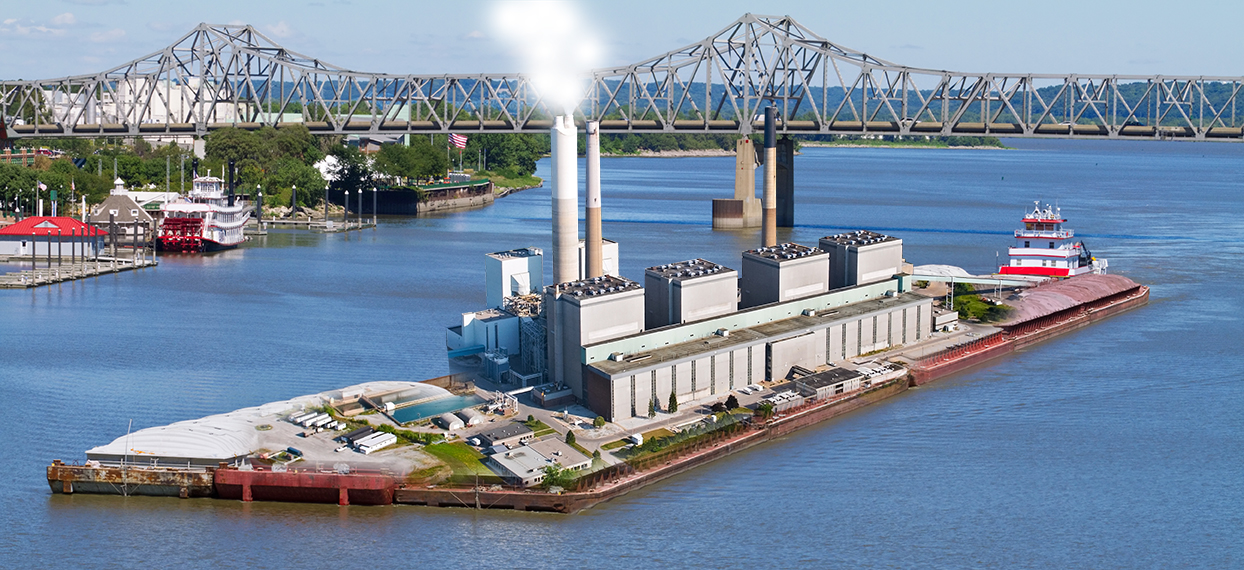

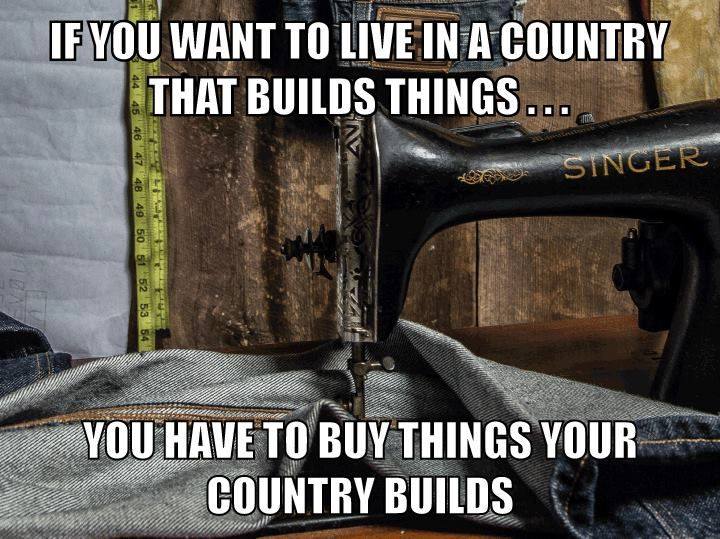 America
America